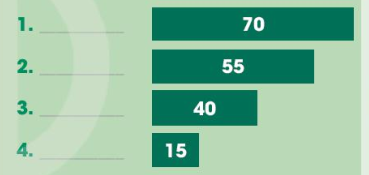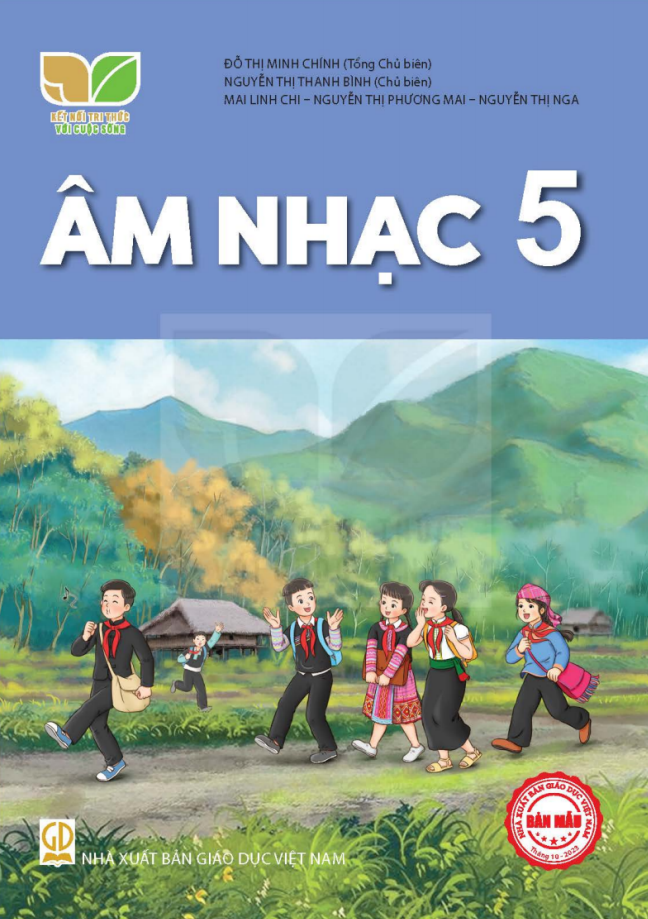(Page
VII. COMMUNICATION AND CULTURE / CLIL
Everyday English
Expressing disappointment and sympathy
1. Listen and complete the conversation with the expressions in the box. Then practise it in pairs.

A. I can sympathise
B. I'm sorry to hear that
C. What a pity
Mary: I'm afraid I can't go to the cinema with you, Andy.
Andy: (1) _____! I really wanted you to watch the film.
Mary: Maybe another time. My brother is going to see a doctor tomorrow and I promised to go with him.
Andy: (2) _____. What's wrong with him?
Mary: He's been bullied at school. We think he's suffering from depression and needs help.
Andy: (3) _____. I was also the victim of bullying and had a very painful experience. I hope he'll be fine.
Mary: Thank you for your sympathy, Andy.
| Useful expressions |
| Expressing disappointment | Expressing sympathy |
| • What a pity/shame! • It's a pity/shame that... •That's (so)/How disappointing. •That's too bad. | • I'm (so) sorry (to hear that)... • I (can) sympathise (with you/him/her). • That's so sad (that...). • I know how it feels. |
CLIL
1. Read the text and match each percentage in the chart with ONE social problem mentioned in the text.
SOCIAL PROBLEMS FACING TEENS IN THE US TODAY
Top problems teens see among their peers (%)
In many countries around the world, it is not easy growing up because teens are dealing with many social issues. A study carried out by a famous research centre in the US found out that the following were among the most serious ones.
Anxiety and depression: Seven in ten teenagers considered them a serious problem among their peers. The main source of teenagers' anxiety and depression was social pressure, such as the pressure to look good, to fit in social groups, and to be good at sport.
Bullying: 55% said that bullying was a major problem for teenagers, and around 15% admitted that they had experienced some form of cyberbullying. Girls or younger students were more likely to be victims of bullying.
Poverty: Four out of 10 teens said that poverty was also a major problem for them. In fact, about 20% of the teens in the survey struggled to live below the poverty line every day.
The survey results suggest that more support should be provided to help teenagers avoid serious social issues and enjoy a happier life.
(Page 108)
2. Work in pairs. Discuss the following questions.
Are the problems mentioned in the text similar to those facing Vietnamese teens? Are there any other problems among teenagers in Viet Nam?

























